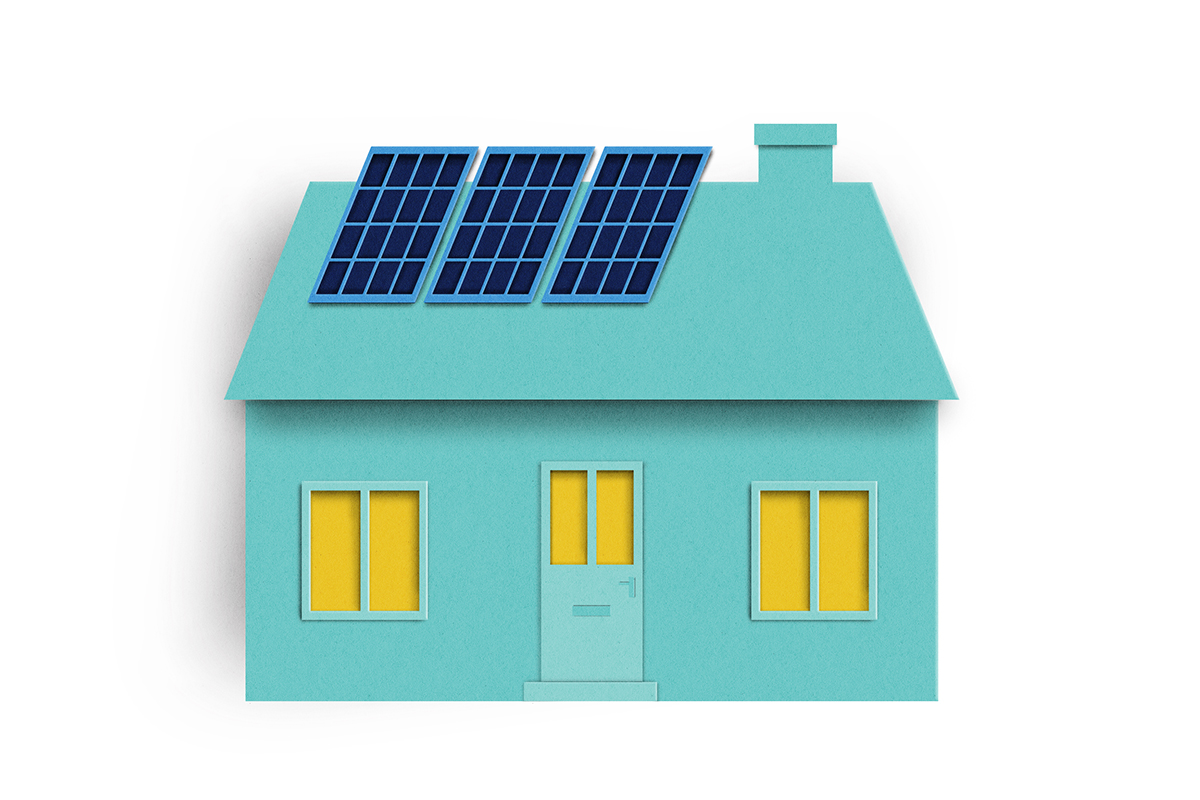
Knowledge Centre

A broker's guide to thriving on social media

Beyond the bricks: what does a green housing market really look like?
Future-proofing Buy to Let investments: the end of leasehold flats
Supporting landlords operating past and approaching retirement
How to become social media savvy
The First Time Buyer Economy 2023/24 Edition
Reigniting the buzz of buying a home
Overcoming barriers to green home improvements
Product transfers: Why are brokers key?
Regional differences impacting first time buyers
How to prevent mortgage fraud - a broker's guide
Why the green agenda will shape the future of housing: Part one
Why the green agenda will shape the future of housing: Part two
What steps need to be taken to overcome the barriers to improving energy efficiency and to create a greener housing market for all? And how can those of us in the mortgage market help to create a more sustainable future?
Green shoots for a more sustainable future: What action on housing is needed in 2024?
Reaching net zero by 2050 is a priority if we are to get a grip on preventing climate change, and as a B Corp organisation that is committed to ‘going green’, we welcome the government’s latest announcement at the conference of a £1.6bn fund for climate projects.
New build client guide
To help guide clients purchasing a new build property, download our new build guide that maps out the entire journey.
First time buyer client guide
What are Offset mortgages and who are they best suited to?
Which green home improvements will help your clients most
Helping clients to avoid green scams
An opportunity for brokers to support clients in new ways
Demystifying green Mortgages
Broker’s handbook on green homes
How we aim to achieve our net zero plan
Supporting clients with vulnerabilities
Remain experts for first time buyers
First time buyer affordability help
Navigating new build complexities
Act now to help your remortgage clients
Our tips on retaining your clients
Green mortgage guidance for clients
Advising next gen first time buyers
De-mystifying offset mortgages – part 1
De-mystifying offset mortgages – part 2

